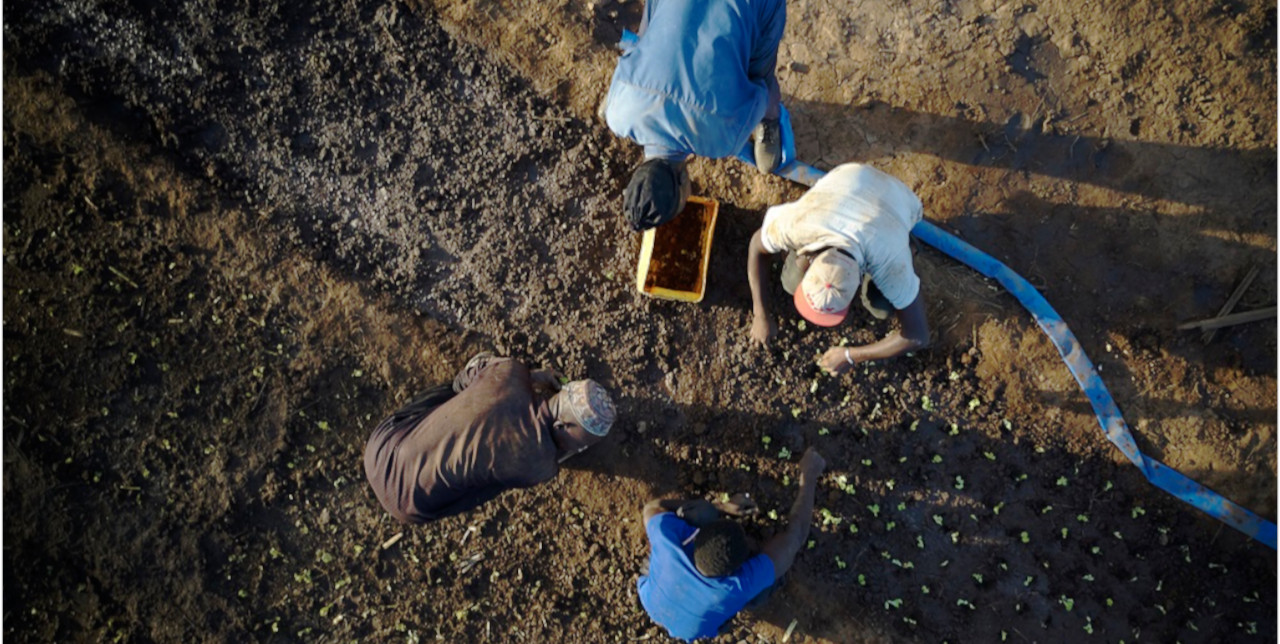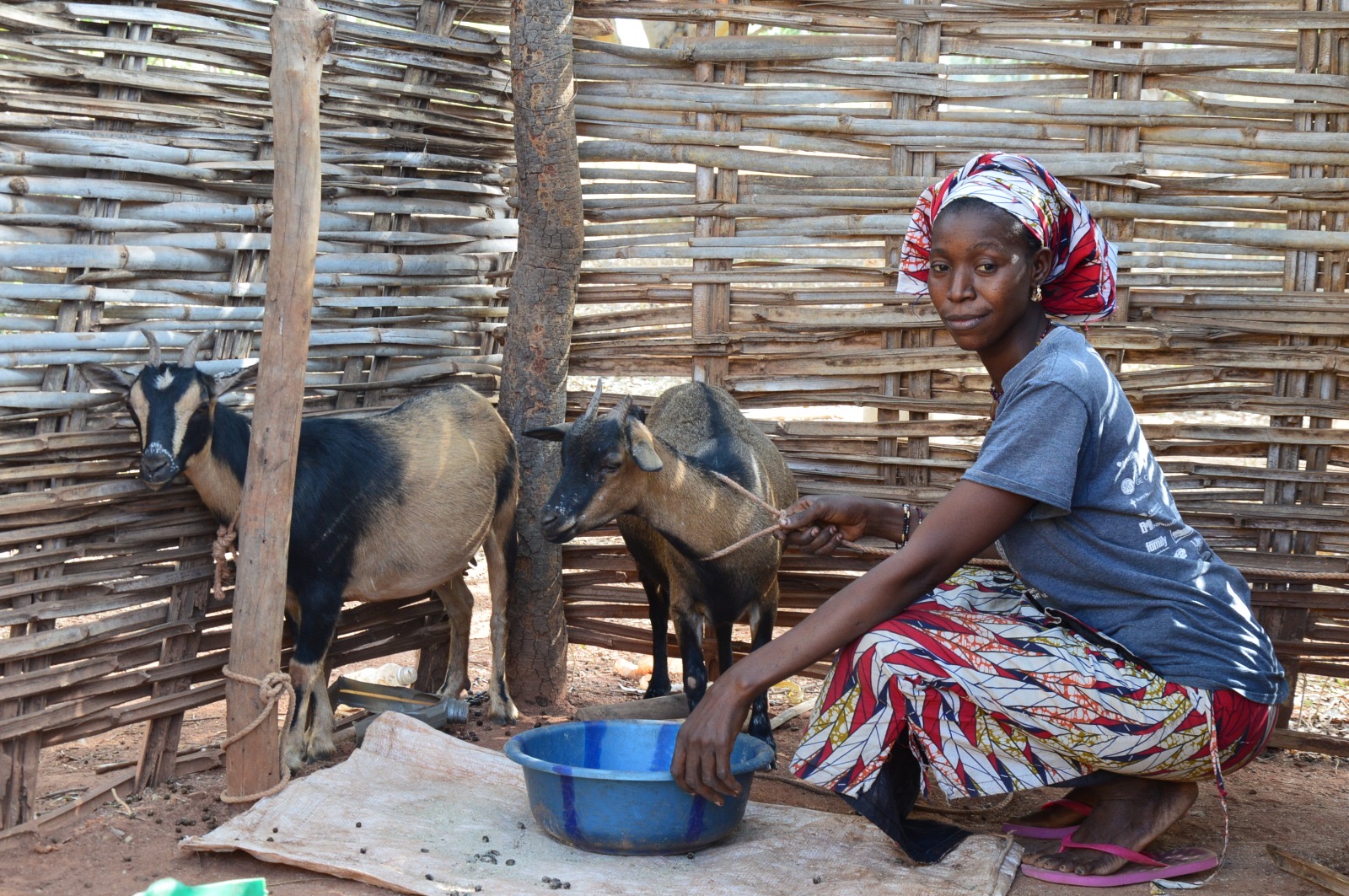04-03-2020 | di COOPI
Mali. Economic and social inclusion for the youth.
Since December 2018, COOPI, in collaboration with the ngo ENGIM, has implemented the project “Bara Sira - project for young Malians”, aiming to promoting the increase of the social and economic inclusion of young women and men potential migrants and returning migrants.
The project, financed by the Italian Agency for Development Cooperation (AICS), has implemented several activities in the Kayes Region (Cercle de Kita) and in Bamako. The objectives at the core of the project are mainly two: awareness on irregular migration and social and economic returned migrants’ reintegration. So COOPI supported the socio-economic reintegration for 142 young Malians, from 32 villages of 4 different municipalities in Kita’s district, and it also endorsed 21 young entrepreneurs between Bamako and Kayes Region in the creation and development of local business.
COOPI has been working strictly in contact with the local governmental technical services in Kita, throughout the project. In particular, it has worked with the Agricultural Sector and the Local Animal Production and Industry Service, responsible for beneficiaries’ trainings and the supervision of the same on the field. Thanks to the collaboration with local partners and to the communities’ inclusion in the project’s implementation, the activities that have been carried in 4 municipalities have enabled the raise of financial income of each beneficiary and the reinforcement of resilience at the communitarian level.
In the Kayes Region, in Kita’s district (municipalities of Budolfo, Djidian, Kokofata and Tambaga), COOPI supported the training and the start-up of agricultural and breeding activities for 142 young Malians, of which 90 returned migrants and 52 residents in the referred areas. Among these, 112 men and 30 women, between 18 and 35 years old. 70 young people attended trainings on agricultural and marketing’s techniques, receiving a kit of agricultural inputs (seeds and working tools) , while 70 attended training on breeding and marketing’s techniques, receiving 4 goats (1 male and 3 females), in order to implement the reproduction and the sell.
A woman, beneficiary of the activities on breeding
Together with ENIGM, 2 beneficiaries have received a mill and a husker, to enable and raise the transformation of agricultural products such as peanuts and corn.
In addition, the project Bara – Sira carried several awareness activities addressing young Malians and their communities, in order to mitigate irregular migration’s causes. In Bamako, 483 students attended seminars on irregular migration organized by the University. In Kita’s region, between May and November, IMIGRAD (Initiative Migration et Développement) supported 15 debate groups, 15 meetings named ‘around the tea’, several awareness session and a final cultural night, with the participation of local leader (majors, religious leaders, etc..) and of the beneficiaries living in the area.
These activities gave the chance to discuss, share and reflect on interdisciplinary issues that are not usually dealt with such as the community and family’s roles in the migration context, the social, economic and psycho-social reintegration of returned migrants in a rural context and the concept of resilience and protection of migrants.
At the end of the activities, COOPI and ENIGM organized a final event at the University of Bamako to illustrate the results achieved and issues such as irregular migration. The event, with more than 250 guests, gave the possibility to continue the debate on the migration’s challenges and young Malians’ engagement.
Kayes Region is one of the regions with the highest number of migrants. The rural exodus is strictly connected to the lack of employment, an aspect that affect returned migrants as well. Mali has a long history in terms of internal and external flux of migrants, in most of cases connected to environmental, economic, cultural and security issues.
Photo credits: Michele Cattani




 Mali
Mali
